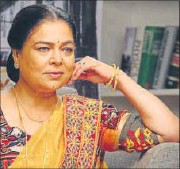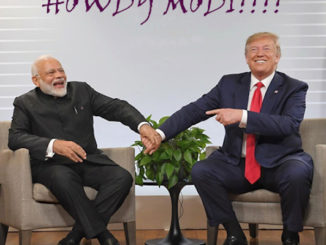- The shifting of Kiren Rijiju from Law Ministry should end conflict with judiciary
It is difficult not to see the removal of Union Minister Kiren Rijiju from the Law and Justice Ministry as a move by Prime Minister Narendra Modi to avoid any escalation in his regime’s confrontations with the judiciary in the one year left in his current tenure. Other considerations may have been at work in the shifting of Mr. Rijiju to the Ministry of Earth Sciences and the appointment of Arjun Ram Meghwal as Minister of State, with independent charge, in the Law Ministry, but the marked decline in Mr. Rijiju’s frequent fulminations against the Supreme Court collegium do indicate a desire to tone down his penchant for confrontation. While there is inaction or delay on the part of the government on some recommendations, quite a few appointments, including in the Supreme Court, have been made since February, indicating a thaw in the frosty relations between the executive and the judiciary. Apart from his vocal criticism of the collegium system of appointments, which many others indeed see as flawed and in need of reform, Mr. Rijiju had tended to voice unusually trenchant opinions not befitting one holding a portfolio that involves dealing with members of the superior judiciary. He once accused a few retired judges of being “an anti-India gang” who were trying to make the judiciary play the role of an opposition party. On another instance, he voiced concern over the collegium making public some intelligence inputs on the basis of which candidates recommended for appointment were deemed unsuitable by the government.
In choosing Mr. Meghwal, who represents the reserved constituency of Bikaner in Rajasthan, Mr. Modi may have also been looking for a suitable opportunity to accommodate a Minister from Rajasthan in a portfolio with a higher profile. The Rajasthan Assembly elections are due around the end of the year. Mr. Meghwal has begun his stint with the observation that there is no confrontation with the judiciary and that his priority would be to ensure speedy justice for all. One issue that requires resolution is the finalization of a fresh Memorandum of Procedure for judicial appointments. Mr. Rijiju had said earlier this year that the government had emphasized to the Supreme Court the need for finalizing the procedure soon. He had also mooted the idea of a ‘search-cum-evaluation committee’, with a government representative on it, for the appointment of Supreme Court judges and Chief Justices. It is expected that the government will continue to accord great importance to these two issues. While pursuing such initiatives, the government should avoid giving the impression that it wants to gain absolute control over the appointment of judges.
(The Hindu )





Be the first to comment